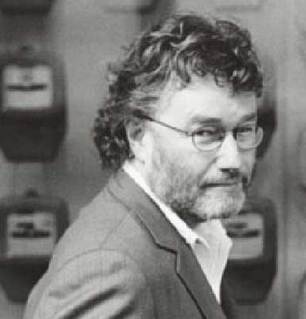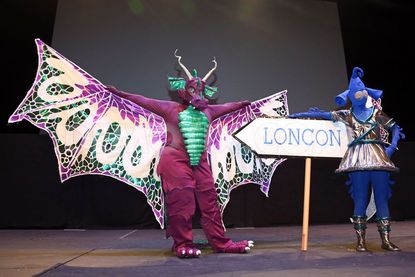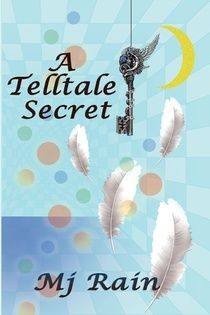
Worldcon is one of the oldest fan conventions in the world - the inaugural event, Nycon 1, was held in New York in 1939, and apart from when it was interrupted by the Second World War, there has been a con every year since. This summer, for the first time in almost 50 years, the convention returned to London, and Worldcon's 75th birthday was one hell of a party.

There were over 600 events on the programme, which must have involved a colossal amount of work to get organised. And congratulations to everyone involved in running the con, because it went almost without a hitch. Some things overran and a couple of events were cancelled - unfortunately among them the big Game of Thrones panel because of George R. R. Martin's agent taking issue with his contract - but for so little to go wrong at an event with this many moving parts is a laudable achievement.
Given the current state of fandom and the whole business earlier this year with Jonathan Ross being announced as toastmaster for the Hugo Awards ceremony, it was particularly nice to see so many panels discussing sexism and feminism in media and fan culture. These sorts of things have a lot of potential to turn ugly if internet forums are any indication, but almost without exception they were civil, productive and entertaining. There were discussions of problematic and obnoxious fandoms, the Bechdel test and Kameron Hurley's excellent - and Hugo winning - essay, We Have Always Fought: Challenging the 'Women, Cattle and Slaves' Narrative. Google it, it's a great read.
In late 2012, half a year before he was told he had cancer, Iain M. Banks was announced as one of the Guests of Honour at the convention. To the credit of the organisers, after he tragically passed away they didn't bring in another GoH to replace him, but instead decided to dedicate the convention to his memory. As a result, there were artworks and displays inspired by his work scattered throughout the exhibits hall, and lots of panels discussing him and his work.
One of the more memorable ones was a discussion of what the word "Banksian" means: since he started writing science fiction, it's cropped up all over the place when critics compare other people's work to his. One of the panellists later commented that she wished they'd had 90 minutes instead of an hour, because it was such a fun conversation, and from the perspective of the audience, it's hard to disagree with her.
The main event of the memorial programme was held on the Sunday, a panel discussion between five people who knew Banks well, chaired by Ken MacLeod, who had been a close friend of his since they were both teenagers.
Lots of conventions are fun, but it's rare that they achieve the level of poignancy that Loncon 3 did: the outpouring of affection and admiration for Banks and his writing was absolutely staggering. The memorial panel closed with MacLeod saying a few last words, clearly fighting very hard to hold back tears, and inviting everyone in attendance to give a round of applause for his friend. It spontaneously turned into a standing ovation.

The Hugos honour film and TV as well as literature, however, and it was here that perhaps the biggest upset of the night occurred. The Rains of Castamere, the episode of Game of Thrones that crushed everyone's souls last year, beat The Day of the Doctor for the Best Dramatic Presentation prize. Both fully deserved the award, but no one could have predicted that Doctor Who, which has traditionally dominated the awards, would lose on its 50th anniversary and on its home turf.
Like any convention, though, Loncon 3 would have been nothing without the fans, and it's events like this that give you hope for fan culture. Online fandom can be incredibly toxic, unpleasant and exclusionary, but the vast majority of people at the convention were delightful. There were a few bad apples, as is almost inevitable with any large gathering of people, but one of the nicest parts of any con remains walking up to total strangers and striking up a conversation with them.
There were isolated cases of sexism and bullying, unfortunately, but the organisers had made it very clear they weren't going to tolerate this and encouraged people to report anyone who was being less than polite. This sort of thing is a big problem at conventions, and it's a great thing that Loncon 3 explicitly had a zero tolerance policy towards it. It shouldn't need to be said that bullying people is unacceptable, but we can't stop saying it until this problem has been entirely weeded out from fandom.
There were things at the con that went less than smoothly, and there were problems, but that doesn't change the fact that it was amazingly well organised and (almost) everyone there was having a great time. It was a brilliant convention, and set a new record for Worldcon attendees - it finally broke the 10,000 barrier, making this the biggest one since Los Angeles in 1984. Compared to San Diego's regular attendance of 150,000 that's small potatoes, but Worldcon has history and character that no other convention does.
Before his death, Iain M. Banks said of Loncon 3, "I strongly suspect it'll be great fun and a total hoot." He wasn't wrong.





 RSS Feed
RSS Feed
